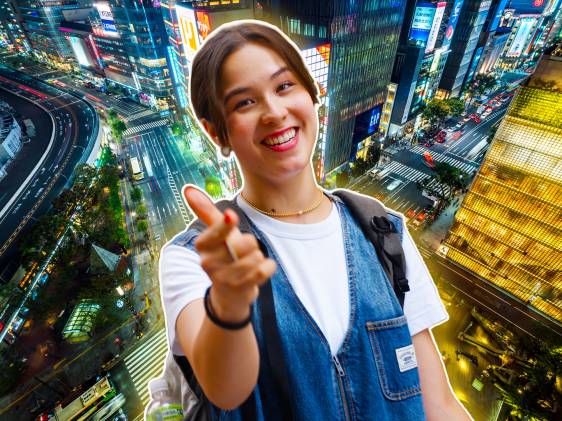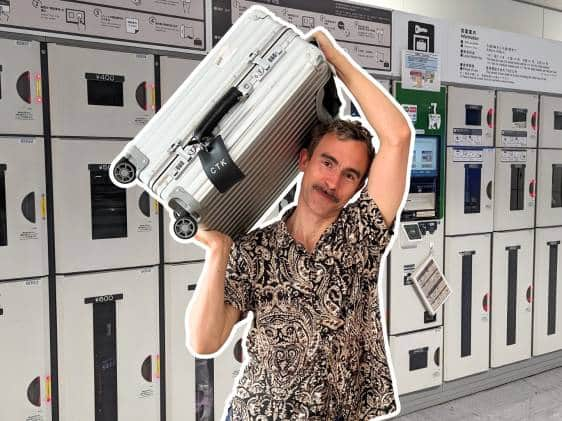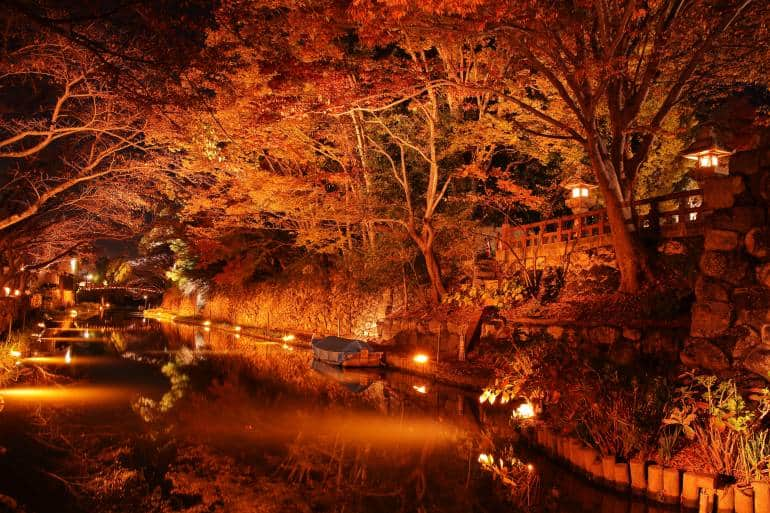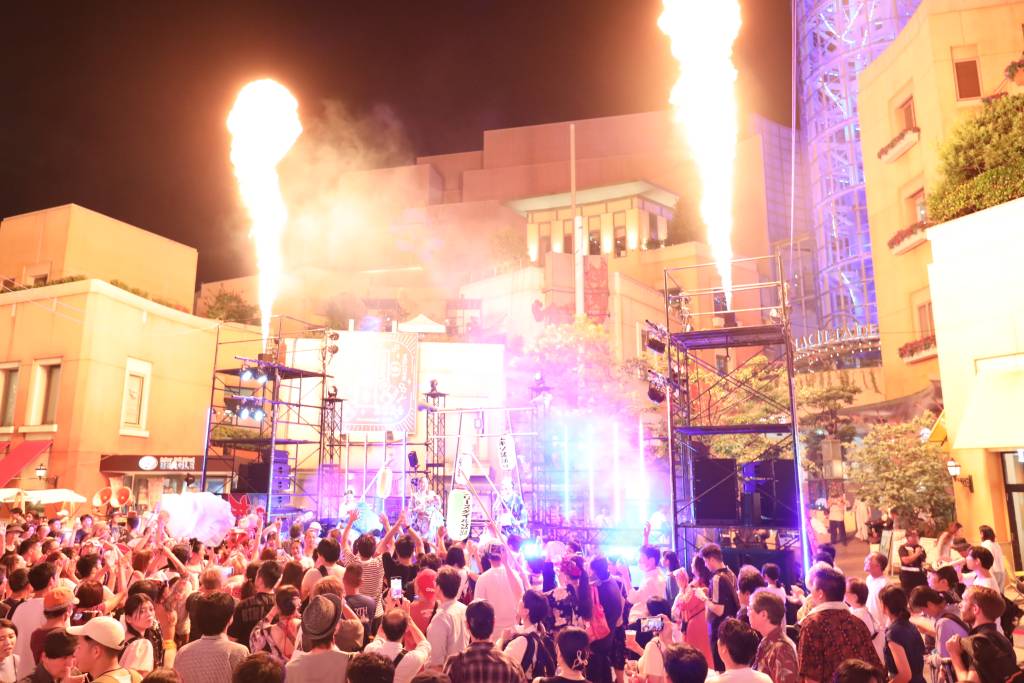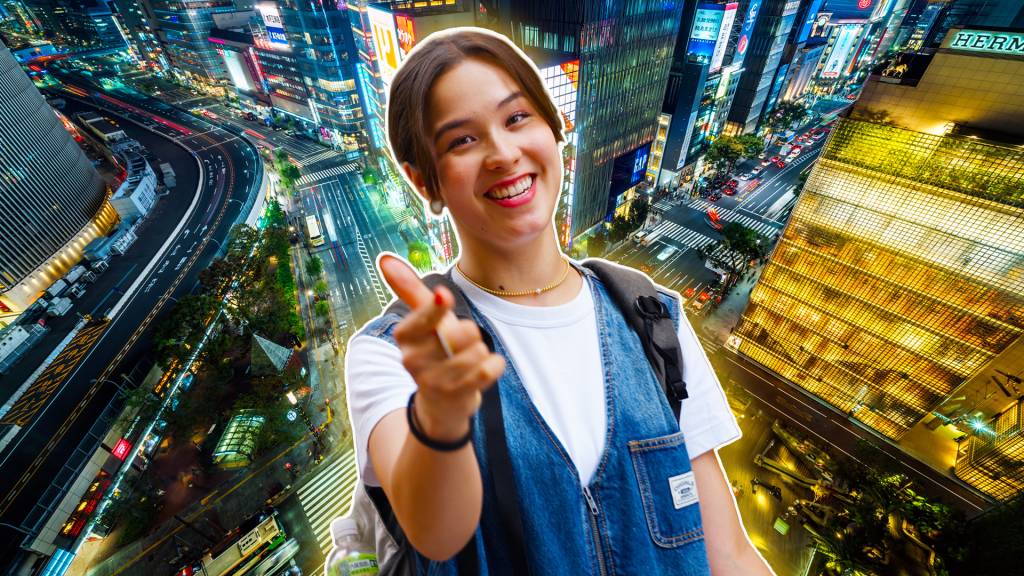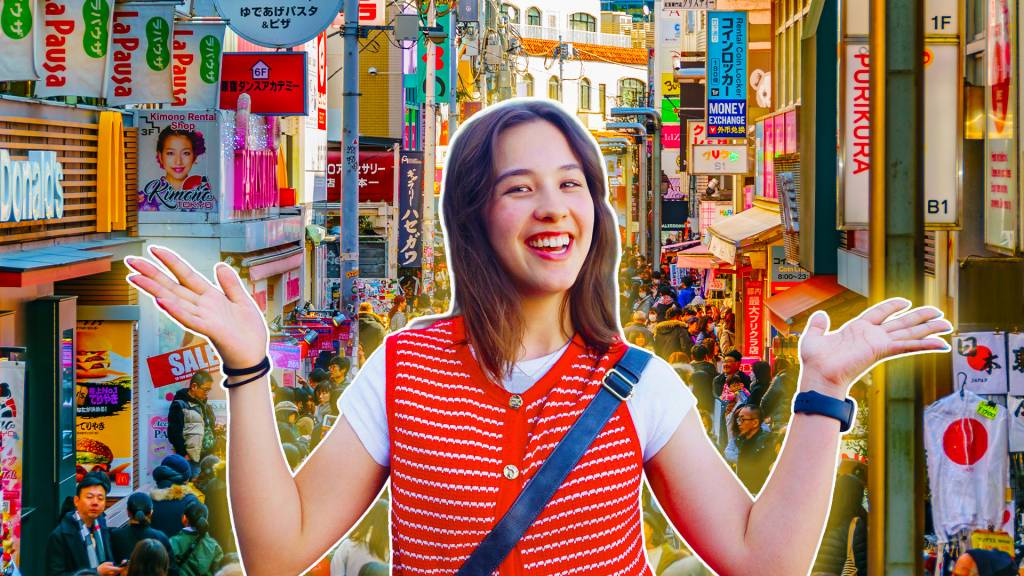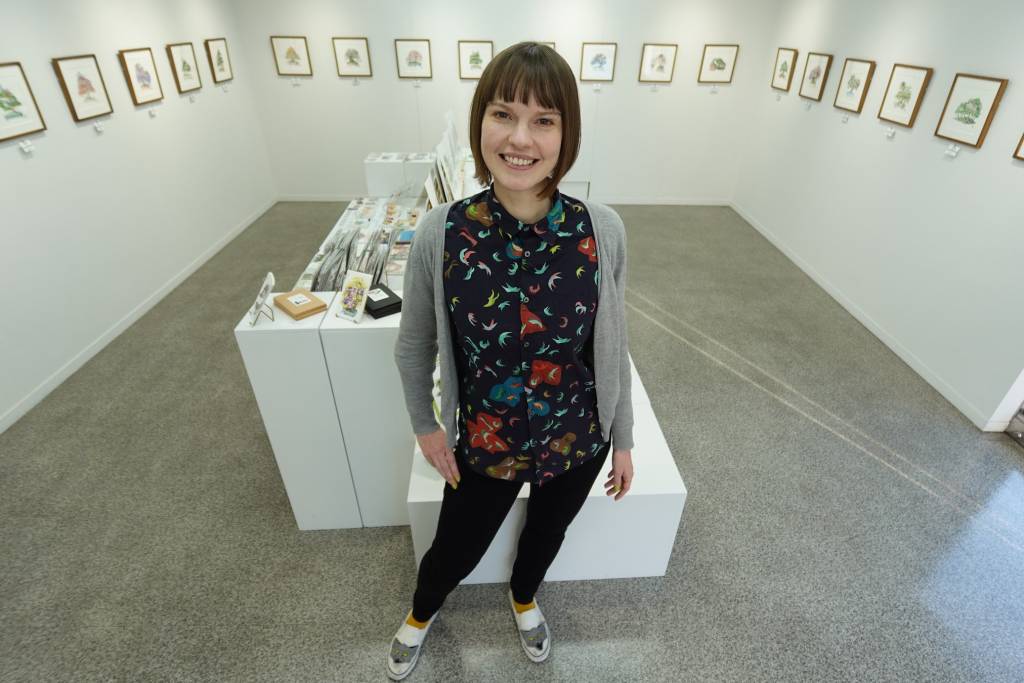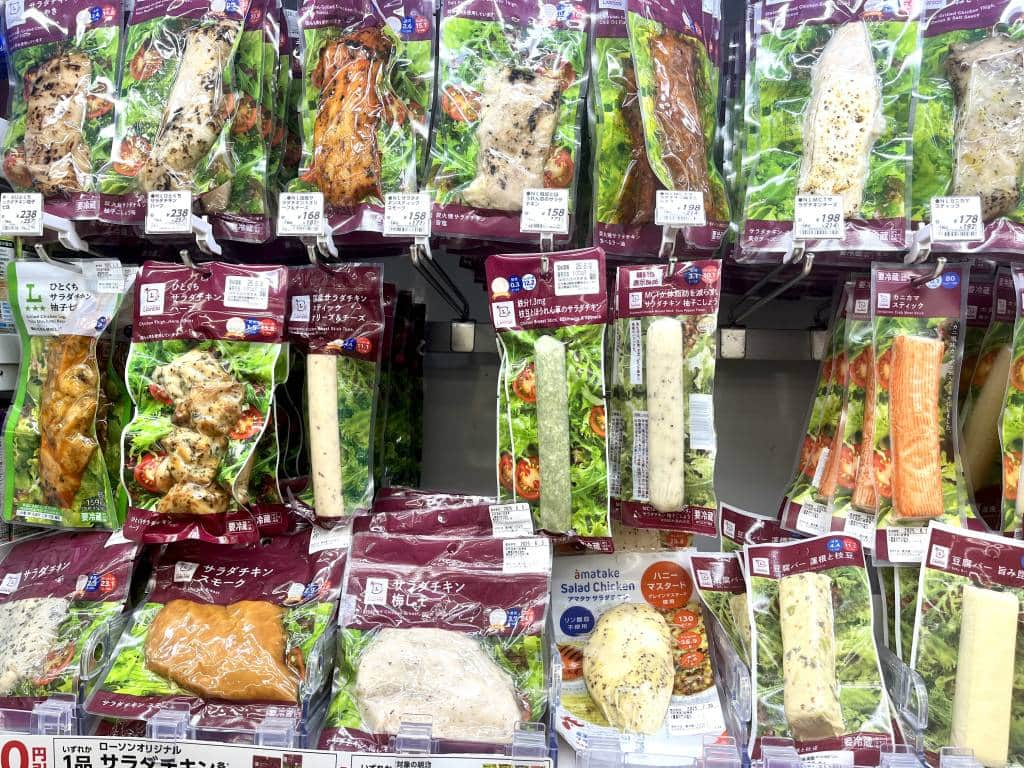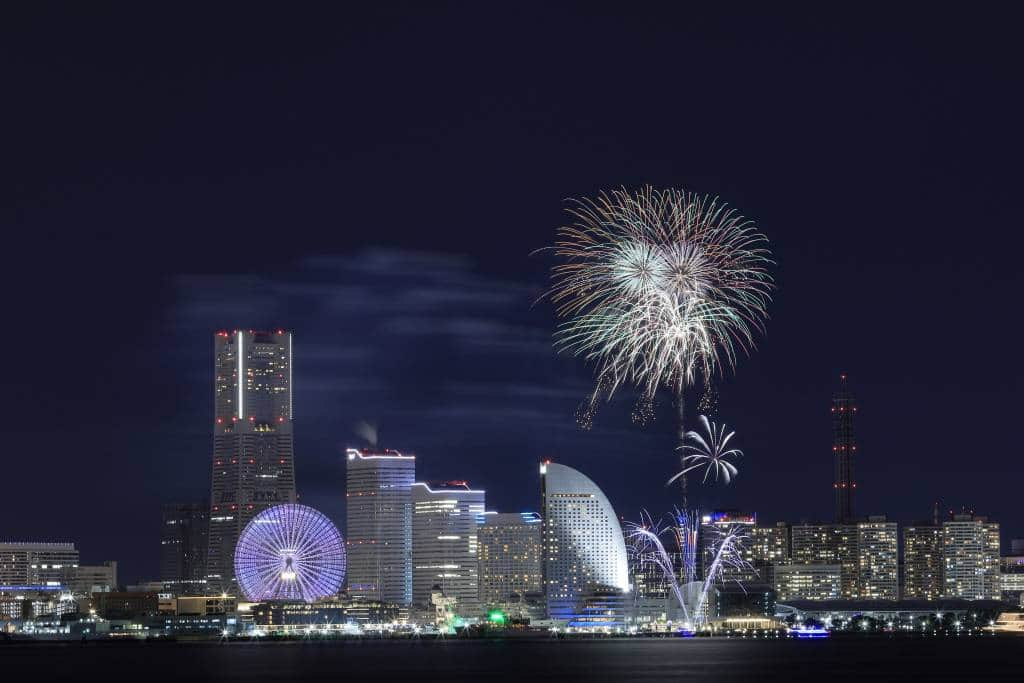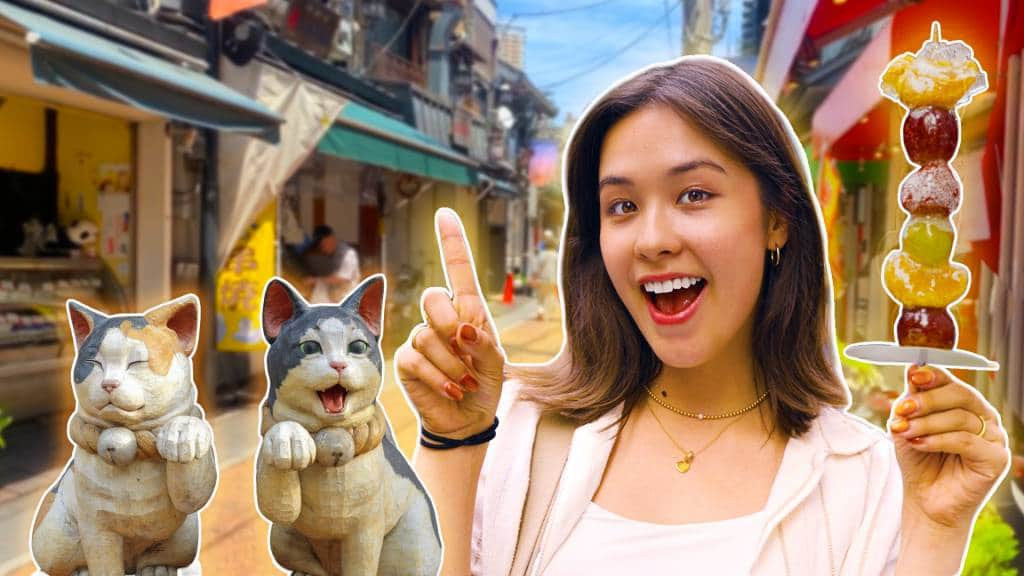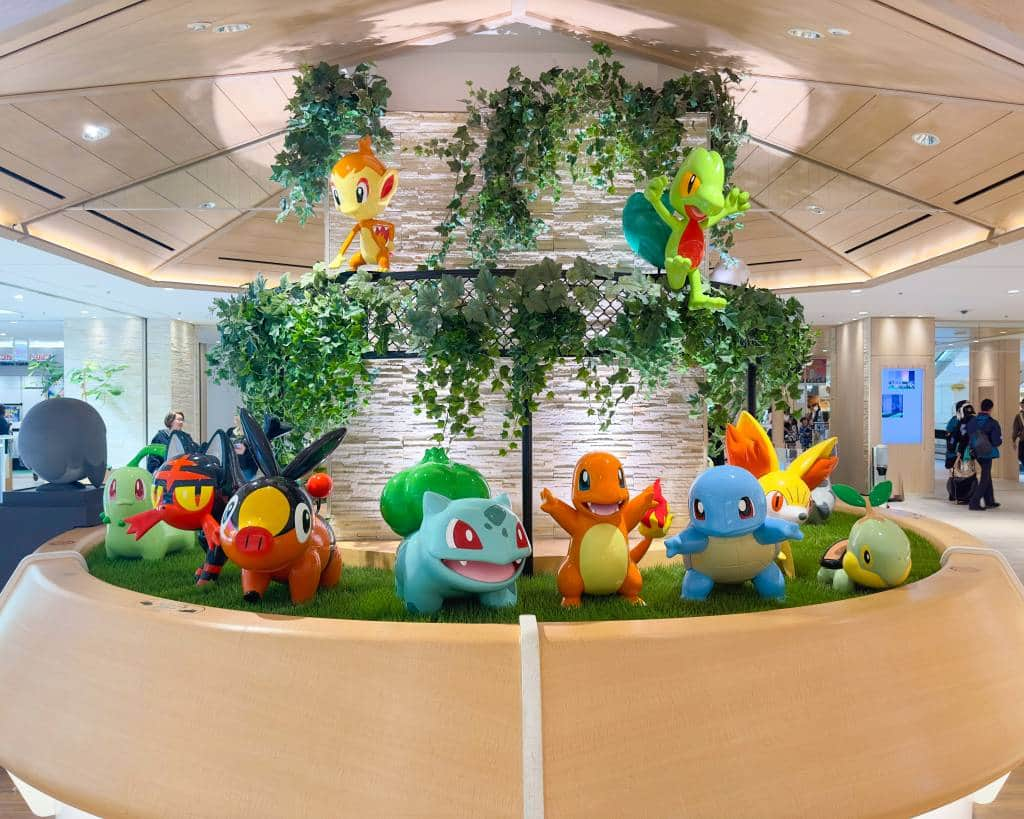Michael Holmes is an American photographer and business owner who’s been living in Tokyo for over 20 years. In his time here, he’s expanded his career from independently shooting events to establishing the photo-booth company Blue Lion and production company Ten Colors.
Holmes is also one of the founders of Millennials of Tokyo, an interview and photography series that centers on Tokyo-based artists and creatives. He is well versed in working as a creative in Japan, so we thought he’d be an ideal person to chat with about networking, starting a business, and building a client base here. Here’s what he shared.
What originally brought you to Japan?
Michael Holmes (MH): I was in a specialty photo school in Santa Barbara, California. After graduating, I went to Hollywood and learnt that I hate Hollywood and I do not resonate with those people at all. Since back in the day I’d been interested in Japan, so I came to Tokyo (around 20 years ago) and tried to get some jobs in photography here.
Coming in as an outsider with minimal Japanese and no connections was hard, so I had to build my network. A lot of foreign companies want to speak English, and that’s how I got into photography in Japan. Slowly over the course of years, I built up my network.
What exactly do you do for work?
MH: It falls into two categories: making things or managing things. On the production side, I do photography — that’s my background and my strong suit. I also do automated photo systems, which is Blue Lion.
I’ve been shooting events for a long time, and through Ten Colors, I’ve built up a team of more than 15 people who work together on corporate events, business headshots, and PR communications for companies and startups.
Tell us about your average work day
MH: There are three types of days. There’s a shoot day where I’m probably out the door at 6 a.m. I’ve tried leaving later than 6 a.m., and it doesn’t work because I’ve got bags, and you cannot physically get on the trains after 7 a.m. with bags. So I’ve got to leave early to go wherever I’m shooting, shoot all day, hopefully eat lunch, and then come home in the evening.

Then there are edit days, which are when I take the kids to school, and then I can sit in front of a computer editing and doing work all day. And then there are unassigned days, like today, where everything or anything is happening; talking to a bunch of different people, maybe making some invoices.
How do photographer salaries in Japan compare with salaries overseas?
MH: Overall, [they are] much lower here. I think it’s how people think about photography. For example, with weddings, the expectations are just really different. When you get into corporate, all the event photographers I talk to overseas are charging at least double what we charge because companies expect that.
What is the process of registering as a sole trader in Japan?
MH: It’s called kojin jigyō, a personal company, and it’s super easy. You go to the local tax office, fill out one paper, and boom, you’re in business.
Being registered as a sole proprietor versus being a freelancer doesn’t really have that much of a difference, but the next thing you need to do is register your tax number. Because now, it doesn’t matter if you’re a registered company; if you don’t have a registered tax number, you’re still treated as a freelancer until you get that number.
In English, it’s called a qualified invoice issuer number. As long as that’s included on your receipt, then now the company has an obligation to pay the tax that you charge because it means that you’re actually filing all of the invoices and filing your taxes properly. Then, you just have to make sure to file your taxes every year, and the better you do that, the better off you’re going to be.

How did you develop your client base?
MH: Networking. I was living out in the sticks, and I had no particular clients, so I started going to creative meetups in Tokyo and taking my camera and taking snapshots and trying to meet people.
Then, finally, one of those guys said, “We’ve got this other event that needs a photographer, are you interested?” Once I started doing a few of those, people would say, “Wait, I’ve seen you at this event and that event. My company is doing a private party. What are your rates?”
How did you figure out your rates?
MH: I kept testing different numbers and figuring out what worked for me and what different parts of the process looked like. In Japan, most event photographers charge a little less than me, but they give you the raw data and they’re done. For me and my clients, they want a more polished finished result. Instead of 2,000 photos, they get 50 that look great and are edited, and they pay a little extra for it.
When I really started figuring out my rates was when I was no longer able to do jobs by myself. I had to start hiring other people, and suddenly, all the people that I would see around town and were my competitors, I had to ask them what their rates were so I could hire them and do these bigger jobs.
How important are Japanese language skills?
MH: It depends on what you’re trying to do and what type of clients you have. If you are trying to deal with Japanese clients, then it becomes more important. Sometimes bigger Japanese clients have English-speaking staff, and then you can communicate in English, but they’re not necessarily the decision-makers. And it’s not just Japanese, it’s more like integration into Japanese culture — because you need to be introduced to them first.
For foreign clients, I’ve actually lost jobs because the photographers I was bringing with me couldn’t speak enough English. So, if your target is inbound, foreign clients, English is fine. But if you’re trying to have a domestic client base, you’re going to need more Japanese, even if they can communicate in English.

What networking opportunities are there in Tokyo?
MH: I think there are a lot of events that look like a waste of time, but they end up having the one person who makes them really valuable. There are a lot of big events where there are cool people there, but somehow you just don’t meet them.
It’s hard to evaluate which events would be better to go to in advance, so it’s better to cast a wide net. Go to some small ones, some big ones, some new ones, some more established ones. Try to meet a lot of people. And wear your personality on your sleeve so people don’t misjudge what to expect from you.
Last one — what are the best neighborhoods in Tokyo for creatives to live in?
MH: I think it depends on a whole lot of different variables. Are they married? Do they have kids? Are they looking for cheap, or are they looking for central? There’s a triangle from Ikebukuro over to Shimokitazawa and back into Meguro. Inside that triangle is where a lot of the work is. You don’t have to live there, but you have to be prepared to go there.
But if you have kids, you don’t want to be so central; you want to be out where the better schools are. And then the other question is, are you going in every day, or are you freelance? Because if you’re trying to make your own studio, property’s going to be way more expensive in a central area, but that’s where everybody is.
Other creatives
Some quotes have been edited down for clarity and brevity.



